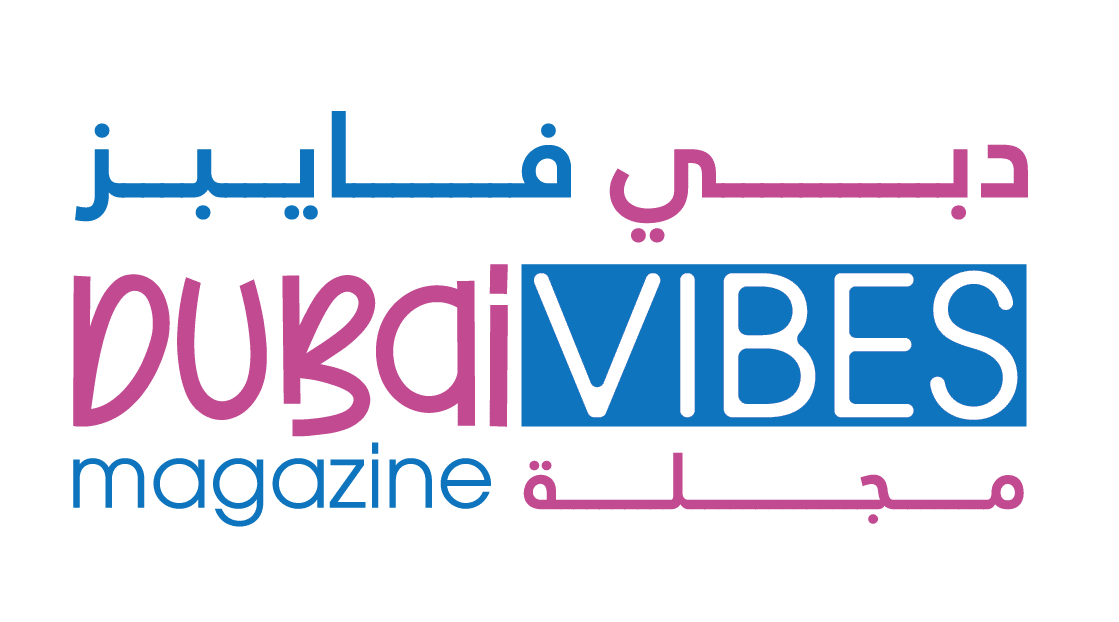A new classification system for companies in the private sector, developed under Cabinet Resolution No. 18 of 2022, and its pertinent ministerial resolutions will take effect on Wednesday, 1st June, 2022, announced the Ministry of Human Resources and Emiratisation (MOHRE).
The new system, which classifies companies into three distinct categories, depends on the extent of companies’ compliance with the law and Wage Protection System, workers’ rights protection and their compliance with the policy of promoting cultural and demographic diversity.
Dr. Abdulrahman Al Awar, Minister of Human Resources and Emiratisation, told a media briefing last week that the Ministry will continually support UAE’s efforts in achieving global leadership in business while supporting key national objectives, with a primary focus on promoting Emiratisation programmes and empowering UAE talents.
Companies in the first category need to meet at least one criterion in the new system. The criteria include raising the company’s Emiratisation rate at least three times above the target, cooperation with ‘Nafis’ programme (federal programme to increase the competitiveness of Emirati human resources and empower them to occupy jobs in the private sector) to train at least 500 Emiratis annually or being a venture owned by a young citizen according to approved standards in this regards. Other criteria are being one of the training and employment centres that support implementing the workforce planning policy by promoting cultural diversity in the UAE or being active in the targeted sectors and activities determined by the cabinet.
According to the ministry, the Emiratisation rate is two percent annually from high-skilled jobs in establishments that employ 50 workers or more, until achieving the 10 percent target by 2026.
Companies that do not meet any of these criteria, while committing to the law and the policy of promoting cultural and demographic diversity in the UAE, will be automatically classified in the second category.
Companies that show a lack of commitment to protecting workers’ rights or not promoting cultural and demographic diversity in the UAE labour market will be in category three.
Saeed Al Khoury, MOHRE’s Under-Secretary for Human Resources, said that the entry into force of the new system enhances the sustainability of growth for private sector companies, protects the rights of both investors and workers, and consolidates the business environment in the UAE, which has topped many global indicators of competitiveness.
The new system, he explained, sets clear and transparent standards and motivates compliant companies to enriching the work environment in the country and increase its attractiveness to talents and competencies from inside and outside the country.
The classification will be accompanied by updates on service fees for work permits and transfer fees in line with the classifications of companies. Fees will not exceed AED250 for Tier 1 companies for two years, while Tier 2 companies will be charged AED1,200 for two years. Tier 3 companies will not be able to benefit from any fee rebates, and the fees for issuing or renewing work permits will amount to AED3,450 for two years. Activities involving the employment of UAE and Gulf Cooperation Council citizens are exempt from these fees.

